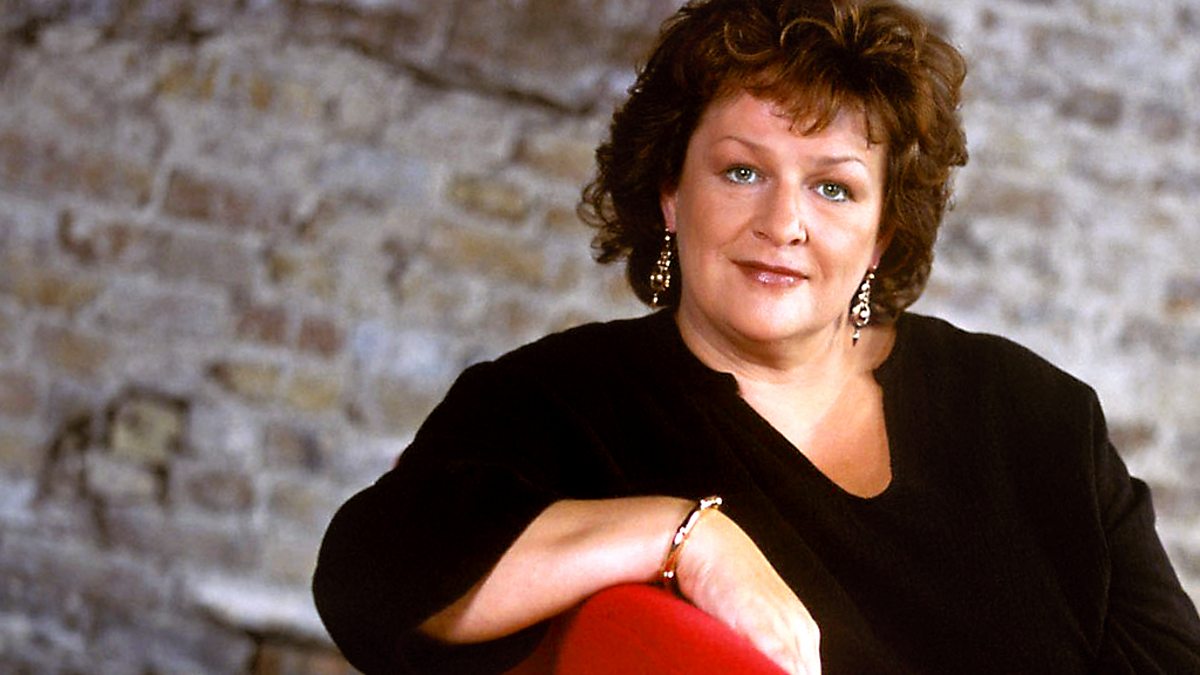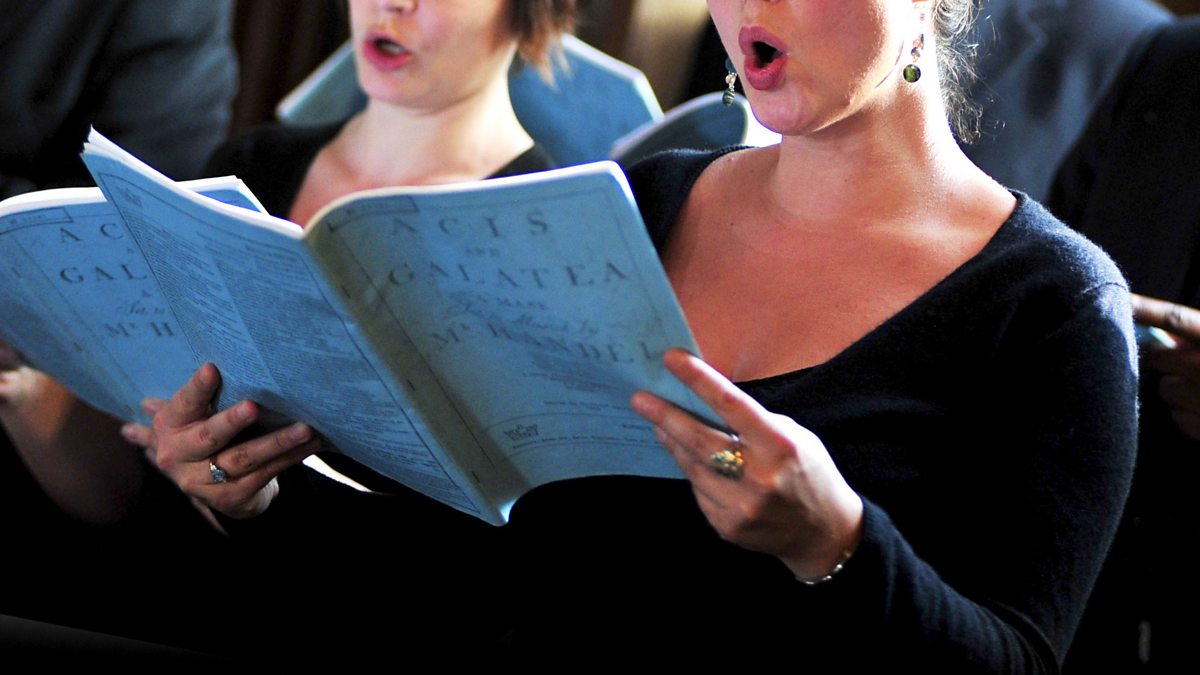Saturday
Catherine Bott visits Lincoln to explore what it would have been like to be in a cathedral choir in the days of the "Father of English Music" William Byrd. Was the life of a 16th-century chorister so different to that of a 21st-century one?
A slight tie-in with The Choir?
Sunday
Lucie Skeaping introduces highlights of a concert given by the Freiburg Baroque Orchestra directed by Petra Müllejans, given at the Konzerthaus in Freiburg. The bass Johannes Weisser joins them in music by JS Bach and a setting of the Lamentations by Jan Dismas Zelenka. The programme also includes Bach's Double Concerto for oboe and violin in D minor BWV 1060, played by Ann-Kathrin Brüggermann and the orchestra's director, the violinist Petra Müllejans.
And CD Review
11.40 Disc of the Week: Vivaldi/Teuzzone
Le Concert des Nations
Jordi Savall.
An enjoyable weekend ahead
Catherine Bott visits Lincoln to explore what it would have been like to be in a cathedral choir in the days of the "Father of English Music" William Byrd. Was the life of a 16th-century chorister so different to that of a 21st-century one?
A slight tie-in with The Choir?
Sunday
Lucie Skeaping introduces highlights of a concert given by the Freiburg Baroque Orchestra directed by Petra Müllejans, given at the Konzerthaus in Freiburg. The bass Johannes Weisser joins them in music by JS Bach and a setting of the Lamentations by Jan Dismas Zelenka. The programme also includes Bach's Double Concerto for oboe and violin in D minor BWV 1060, played by Ann-Kathrin Brüggermann and the orchestra's director, the violinist Petra Müllejans.
And CD Review
11.40 Disc of the Week: Vivaldi/Teuzzone
Le Concert des Nations
Jordi Savall.
An enjoyable weekend ahead





Comment